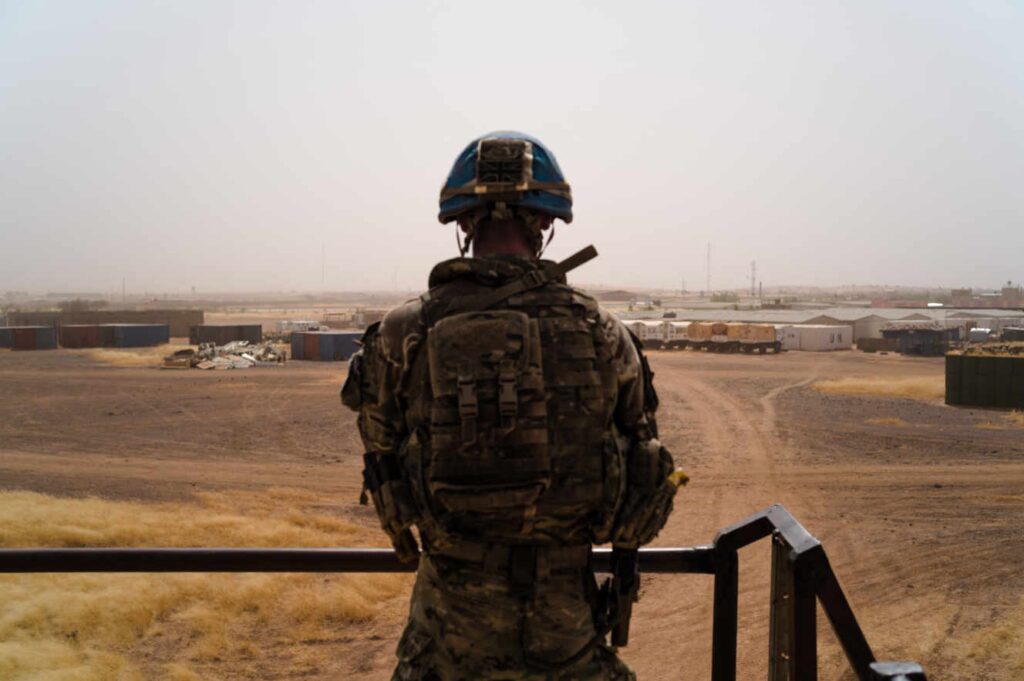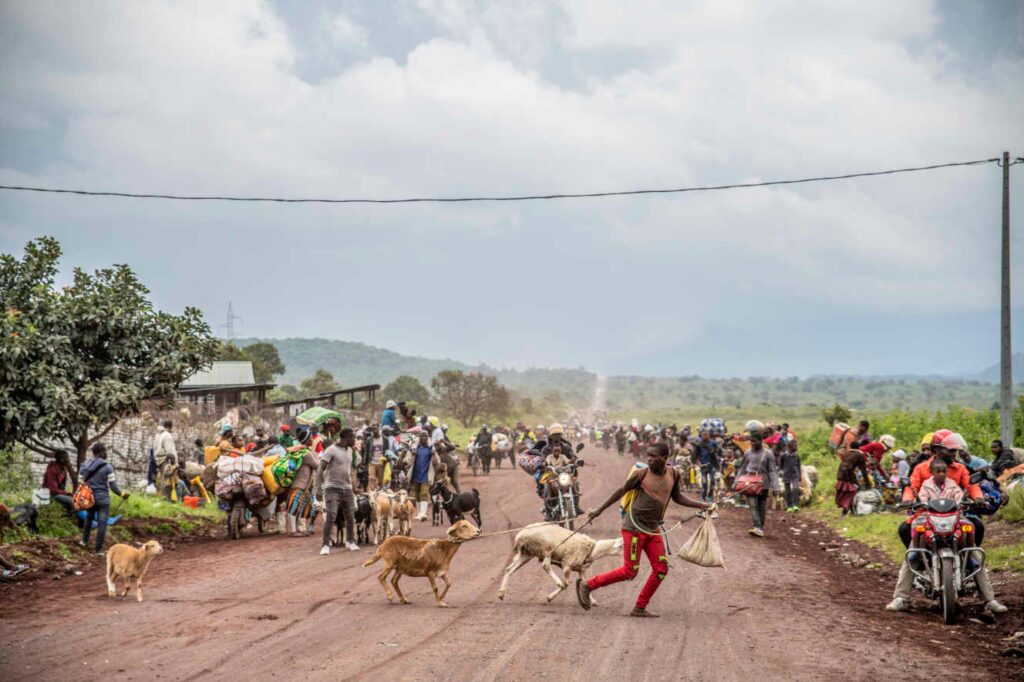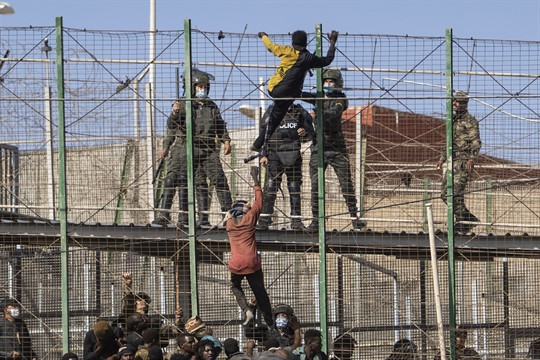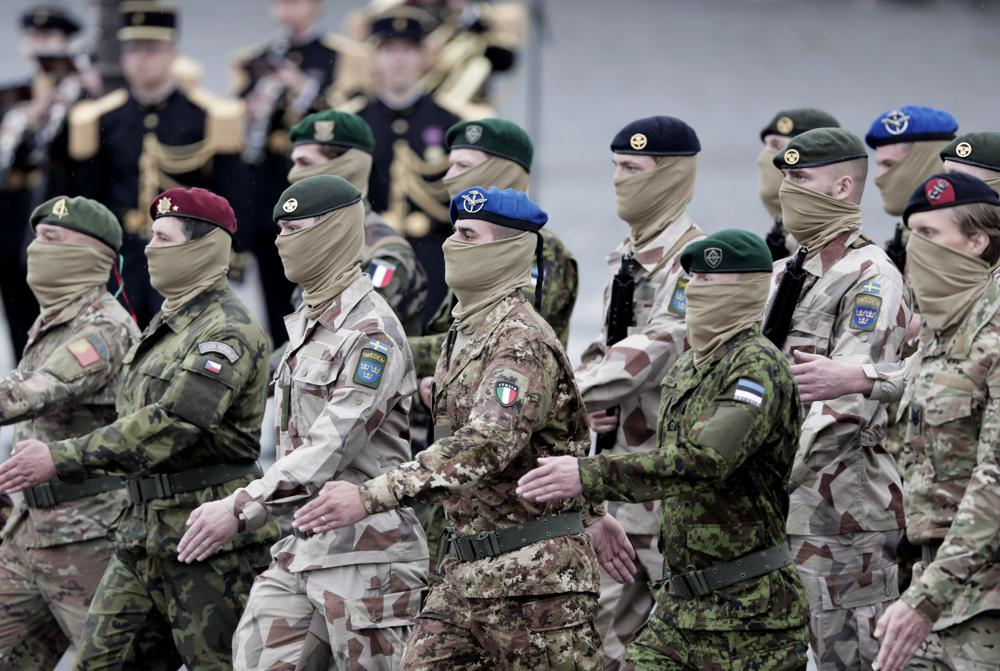Putin’s Media Blitz on Africa Food Crisis Sparks Alarm in Europe

European governments have been alarmed by a Russian disinformation campaign that seeks to deflect criticism that President Vladimir Putin’s war with Ukraine risks leaving millions of people in Africa facing famine.









